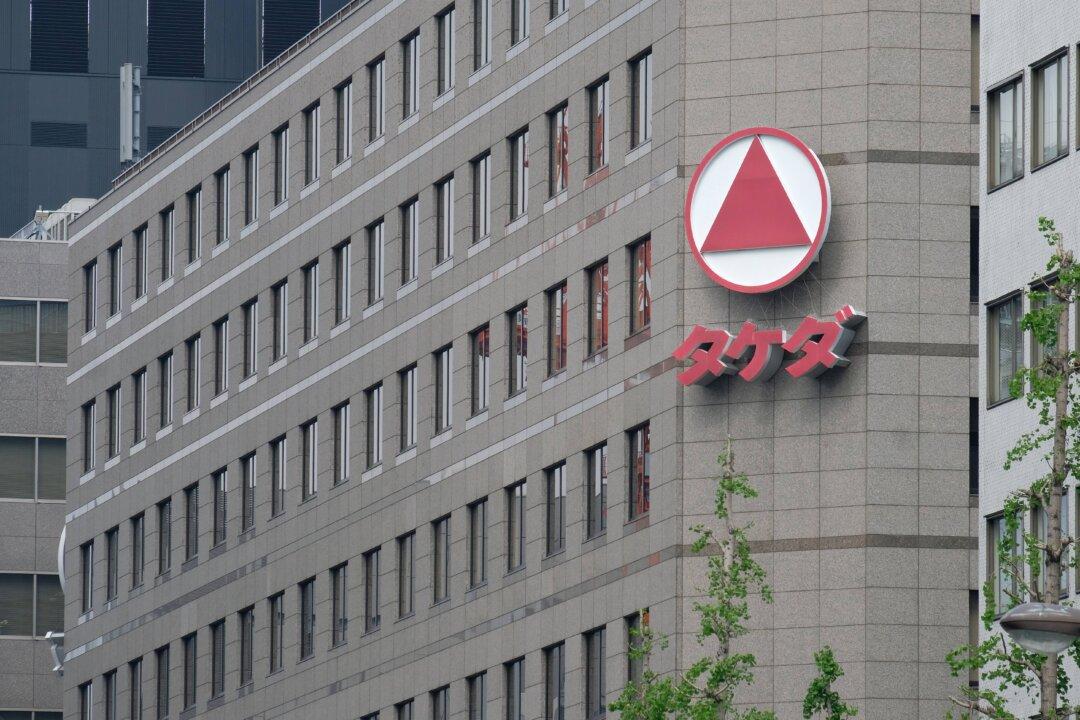TOKYO—Takeda Pharmaceutical Co., which distributes Moderna Inc.’s COVID-19 shots in Japan, expects vaccines to become a bigger part of its portfolio as shots for dengue fever and COVID-19 near regulatory approval, its chief executive said.
Takeda, Japan’s biggest drugmaker and among the top 10 globally after its 2019 takeover of Shire Plc, has traditionally been known more for its cancer and gastrointestinal treatments.





